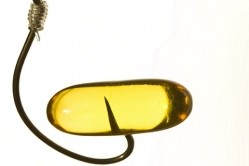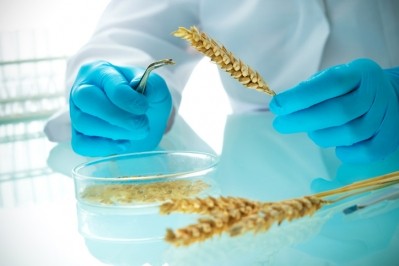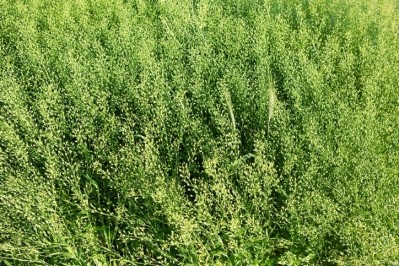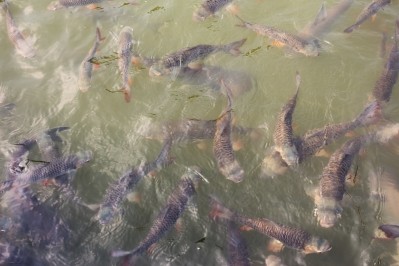Plant-sourced omega-3 science builds but don’t fry fish oil supply, says IFFO

The call from the International Fishmeal and Fish Oil Organisation (IFFO) came as UK scientists trumpeted GM methods that could raise plant omega-3 levels to those found in predominantly oily fish varieties like herring, mackerel, menhaden and anchovy.
In a letter to The Independent newspaper in the UK, Andrew Mallison, director general of the International Fishmeal and Fish Oil Organisation (IFFO), defended global fisheries’ ongoing role in omega-3 and other ingredient supply.
“I read with interest the announcement that Rothamsted Research has developed genetically modified plants to produce oils normally found in fish,” Mallison wrote.
“One of the justifications given for the research was the threat of overfishing which, although a concern, is not unavoidable."
He noted 40% of the world’s production of fish oil comes from sources that have been assessed against an independent standard.
“To be certified the fishery must demonstrate conformance with the United Nations Food and Agriculture Organisation Code of Conduct for Responsible Fisheries.”
The DG said gaining more oil from fish trimmings and offcuts was bringing greater yields and the IFFO had backed an EU initiative to ban the discarding of fish catch offcuts. A third of fish oils for both human and animal use were derived from this source.
Mallison concluded: “The fish oil industry welcomes competition and the food security that comes from diversity of supply. However, as new sources arise, it is important to make informed decisions on their benefits and avoid overstated concerns that put at risk the momentum of improving practices within the fishing industry.”
Fishmeal feeds back
Great demand for fishmeal incentivised fisheries to become more sustainable, IFFO's chief said.
“Losing markets to vegetable alternatives would reduce the incentive for this positive change and favour competition, which itself is not free from environmental concerns,” he said.
Boosting non-GM algae supply was another option as it is, “relatively new but now well established and already contributing to the supply of omega-3 oil to direct human consumption."
“Over time, as efficiency improves, the oil produced may become financially viable for feed companies to access. Finally, it is important to remember that farmed fish are given omega-3 oils partly for their own health but mainly as an important way to provide the human consumer with these essential nutrients.”












